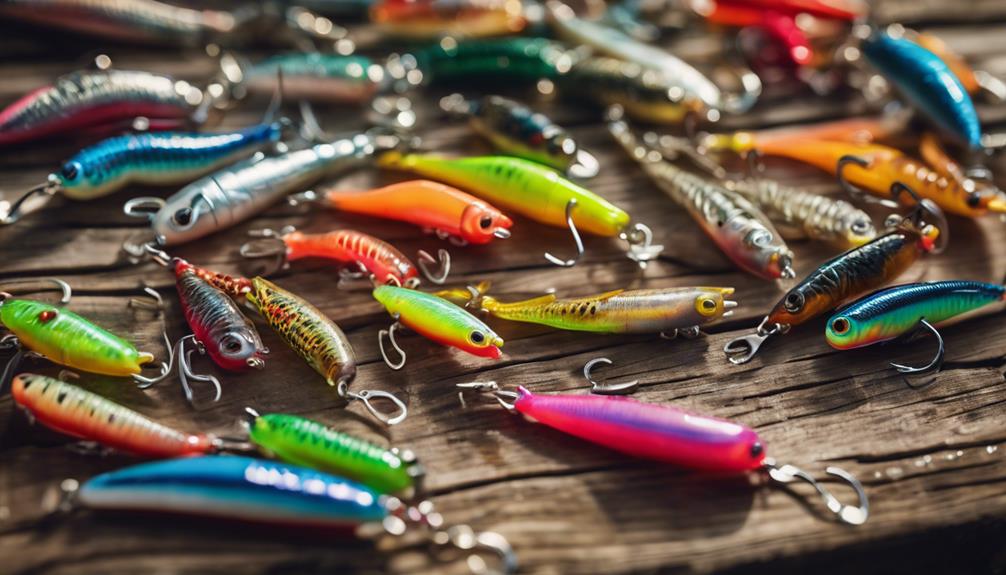Fishing is not just a beloved pastime; it’s a way to connect with nature, relax, and even bond with friends and family. However, before you cast your line into the water, it’s crucial to understand the regulations surrounding fishing licenses. This article will delve into how much for a fishing license, exploring various factors that influence the cost, where to obtain one, and important considerations for both novice and seasoned anglers.
Understanding the Basics of Fishing Licenses
Fishing licenses are permits issued by state and federal governments that allow individuals to fish in public waters. The primary purpose of these licenses is to regulate fishing activities and ensure sustainable fish populations. The costs can vary significantly based on several factors, including your location, the type of fishing you plan to do (freshwater vs. saltwater), and the duration of the license. For instance, a yearly freshwater fishing license may cost anywhere from $20 to $50, while a saltwater license might be slightly higher due to the different regulations and management practices involved.
Factors Influencing the Cost of a Fishing License
When asking, “how much for a fishing license,” it’s essential to consider the various factors that influence its cost. Each state has its own pricing structure, which can include discounts for seniors, military personnel, and children. Additionally, some states offer combination licenses that allow fishing and hunting, which may provide better value if you enjoy both activities. Furthermore, certain regions may charge extra fees for special permits, such as those required for fishing in designated trout waters or for specific fish species.
Types of Fishing Licenses Available
When exploring how much for a fishing license, it’s vital to understand the different types available. Generally, you will find several categories of fishing licenses:
1. Resident vs. Non-Resident Licenses: These licenses differ in price depending on your residency status. Residents typically pay less than non-residents.
2. Short-Term vs. Long-Term Licenses: Short-term licenses can be purchased for a day or a week, making them ideal for casual anglers, while long-term licenses are more cost-effective for frequent fishers.
3. Specialty Licenses: Some states offer specialty licenses for specific activities, such as ice fishing or fishing for particular species. These can vary widely in cost.
Understanding these categories will help you make informed decisions about which license best fits your needs and budget.
Where to Purchase Your Fishing License
Purchasing a fishing license is generally straightforward. Most states offer multiple avenues for obtaining your license, including online portals, local government offices, and authorized retailers such as sporting goods stores. Online purchases are often the most convenient option, allowing you to apply for and receive your license instantly. However, if you prefer a more personal touch or have questions about the regulations, visiting a local office or retailer can be beneficial. Always ensure you are purchasing your license from an authorized source to avoid potential fines.
Understanding the Renewal Process
Once you obtain a fishing license, it’s important to know how and when to renew it. Most fishing licenses are valid for a year, but renewal periods can vary. Some states offer multi-year options that can save you money in the long run. Keep track of your license expiration date, and be aware that fishing without a valid license can result in hefty fines. Many states provide online renewal options, making it easy to keep your fishing privileges up to date without hassle.
The Importance of Fishing Regulations
Understanding fishing regulations is as crucial as knowing how much for a fishing license. Each state has specific rules regarding fishing seasons, bag limits, and size limits for certain fish species. These regulations are designed to conserve fish populations and ensure sustainable fishing practices. Ignorance of these rules can lead to fines and even loss of your fishing license. Always check your state’s fish and wildlife agency website for the latest regulations before heading out to fish.
Benefits of Having a Fishing License
Beyond the legalities of fishing, obtaining a license comes with several benefits. First and foremost, it allows you to fish legally, avoiding fines and penalties. Secondly, the fees collected from fishing licenses are often used to fund conservation efforts, habitat restoration, and public awareness campaigns. By purchasing a fishing license, you’re not just paying for the right to fish; you’re also contributing to the preservation of aquatic ecosystems and ensuring future generations can enjoy the sport.
Conclusion: Budgeting for Your Fishing Adventures
In conclusion, when considering how much for a fishing license, it’s essential to factor in the type of license you need, where you will purchase it, and the regulations you must follow. Understanding these elements will not only keep you compliant with the law but also enhance your overall fishing experience. Remember to budget for your fishing adventures, including the cost of your license, gear, and any additional permits you may need. By being well-informed and prepared, you can fully enjoy the tranquility and excitement that fishing has to offer.
In summary, fishing licenses play a vital role in the fishing experience. They ensure sustainable practices, protect aquatic ecosystems, and allow anglers to fish legally. So the next time you’re wondering, “how much for a fishing license,” you’ll know it’s not just about the cost—it’s about supporting the sport you love and the environment it thrives in. Happy fishing!
